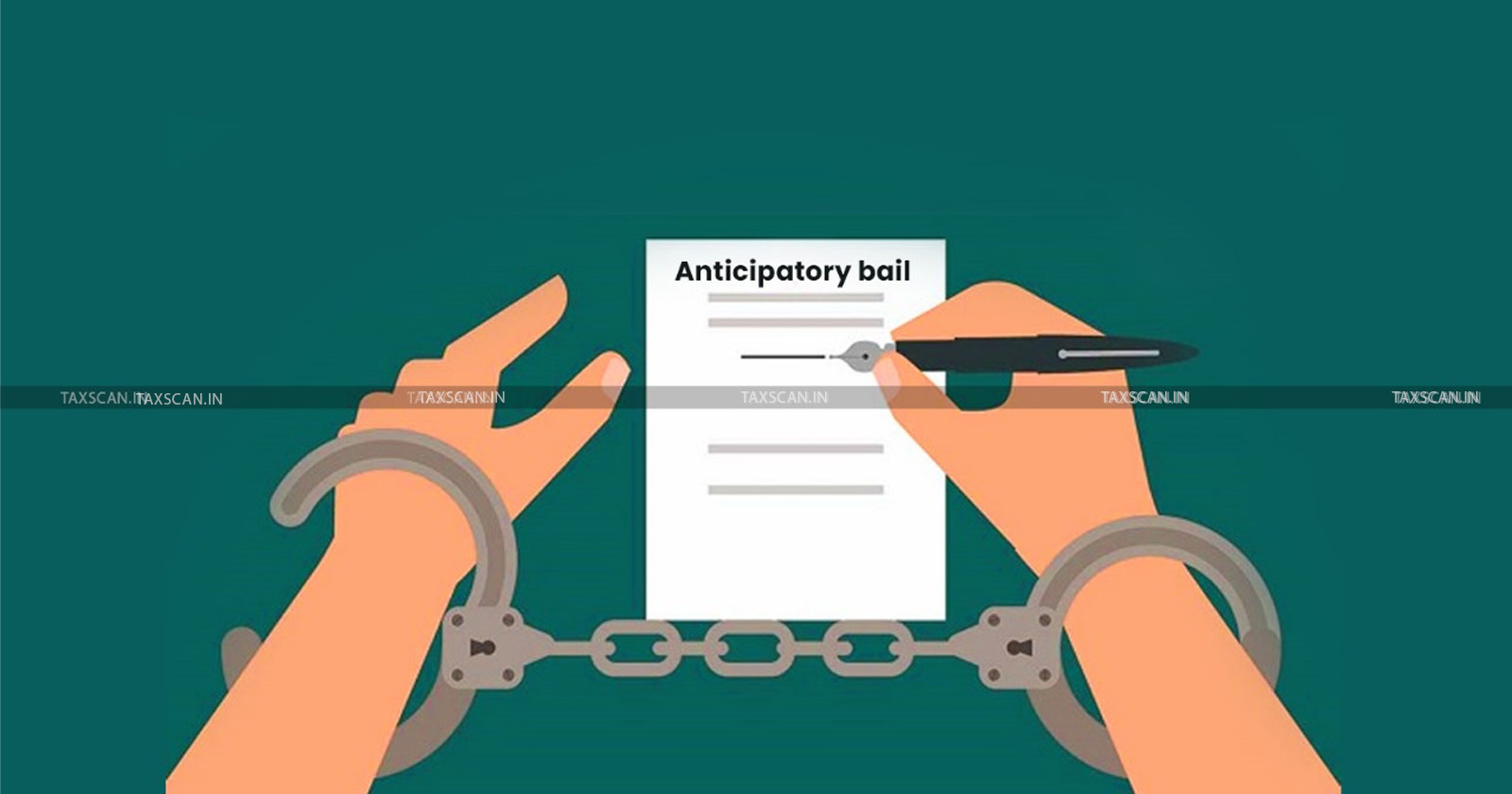Customs Duty Paid under Protest: Calcutta HC Upholds CESTAT order to Refund ₹7.98 Cr to Raymond Apparel [Read Order]
The High Court noted that both Commissioner (Appeals) and CESTAT had recognized that all 174 Bills of Entry were cleared under protest by Raymond Apparel Ltd., and this protest remained valid until the issue was finally settled
![Customs Duty Paid under Protest: Calcutta HC Upholds CESTAT order to Refund ₹7.98 Cr to Raymond Apparel [Read Order] Customs Duty Paid under Protest: Calcutta HC Upholds CESTAT order to Refund ₹7.98 Cr to Raymond Apparel [Read Order]](https://images.taxscan.in/h-upload/2025/08/07/2073861-customs-duty-customs-duty-paid-under-protest-calcutta-hc-taxscan.webp)
In a recent ruling, the Calcutta High Court upheld the order passed by the Customs, Excise and Service Tax Appellate Tribunal ( CESTAT ), directing the refund of ₹7.98 crore to M/s Raymond Apparel Ltd, reiterating that limitation does not apply for the duties paid under protest.
The Division Bench comprising Chief Justice T.S. Sivagnanam and Justice Chaitali Chatterjee (Das) , while dismissing the appeal filed by the Commissioner of Customs (Preventive), Kolkata, rejected the department’s challenge to the refund on grounds of limitation and alleged failure to reassess or modify the assessments.
The issue revolved around whether a refund application under Section 27 of the Customs Act, 1962, would be barred by limitation when the duty was paid under protest.
The revenue argued that the refund application, filed in 2018, was time-barred and could not be entertained unless the original assessment orders had been formally appealed or modified. It relied on the Supreme Court's ruling in ITC Ltd. v. CCE, Kolkata-IV, to assert that refund claims cannot substitute appeal proceedings.
Understanding Common Mode of Tax Evasion with Practical Scenarios, Click Here
However, the High Court found these arguments untenable, agreeing with CESTAT’s reasoning that the payment made under protest constituted a valid challenge to the assessment itself and, therefore, was not subject to the one-year limitation period under Section 27.
The High Court noted that both the Commissioner (Appeals) and CESTAT had recognized that all 174 Bills of Entry were cleared under protest by Raymond Apparel Ltd., and this protest remained valid until the issue was finally settled.
The tribunal had rightly distinguished the facts from the ITC Ltd. case and instead relied on judgments such as Mafatlal Industries Ltd. v. Union of India and Kisan Cooperative Sugar Factory Ltd., to reiterate that the limitation bar does not apply where the duty is paid under protest.
 Also Read:GST Fraud Committed using ID of CA: Delhi HC Grants Bail to Accused After 8 Months’ Custody with Strict Conditions [Read Order]
Also Read:GST Fraud Committed using ID of CA: Delhi HC Grants Bail to Accused After 8 Months’ Custody with Strict Conditions [Read Order]
Additionally, the Court observed that once a protest is lodged, it is upon the customs authorities to dispose of it by a speaking, appealable order, failing which, the protest cannot be deemed to have lapsed.
The court, rejecting the revenue’s contention that the protest became invalid after the Supreme Court’s decision in SRF Ltd. v. Commissioner of Customs, held that such a protest remains in force until explicitly vacated.
Understanding Common Mode of Tax Evasion with Practical Scenarios, Click Here
It further held that marking "under protest" on the Bills of Entry effectively conveyed to the department that the duty was being paid under compulsion, not voluntarily, thus negating the need for reassessment or modification for refund eligibility.
The High Court also addressed the issue of interest, clarifying that Raymond Apparel Ltd. had not claimed interest from the original date of payment but only after 90 days from the date of refund sanction, thus meeting the statutory conditions.
While upholding the CESTAT's decision in its entirety, the Court concluded that there was no illegality in the tribunal’s findings and dismissed the appeal filed by the department. It directed the revenue to refund the full amount of ₹7,98,08,012 along with applicable interest within three days of receiving the server copy of the judgment.
Support our journalism by subscribing to Taxscan premium. Follow us on Telegram for quick updates


